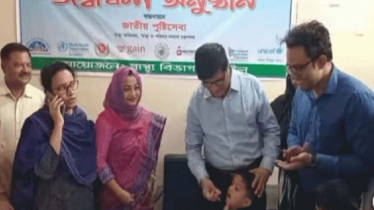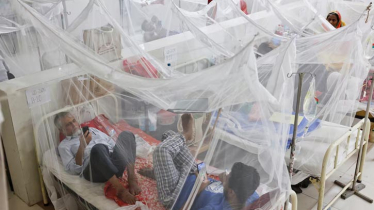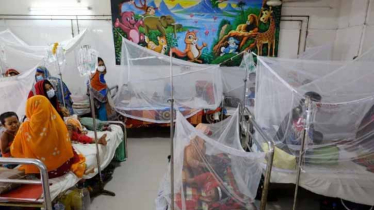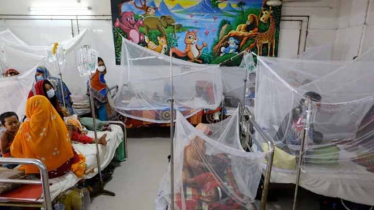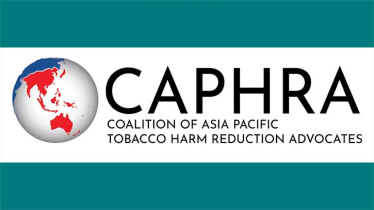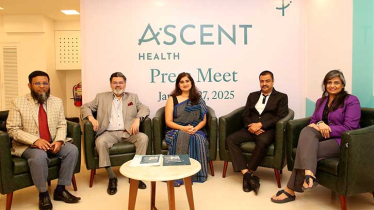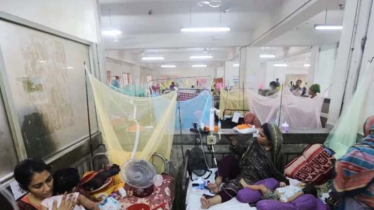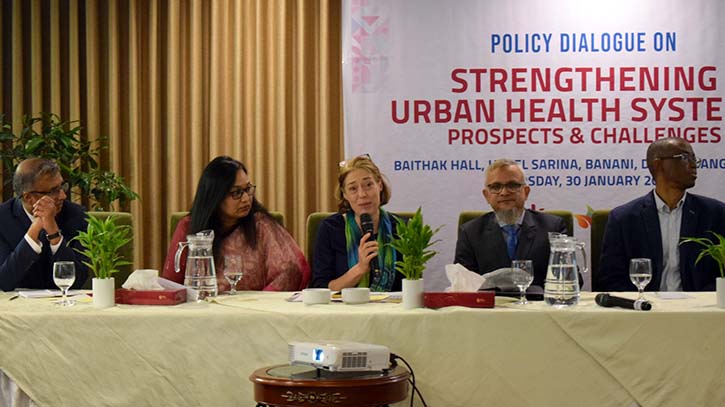
Photo: Messenger
Health system policymakers from Bangladesh, development partners and researchers from various countries assembled in Dhaka at a policy dialogue event on “Strengthening Urban Health Systems: Prospects & Challenges” to discuss the challenges and prospects of urban health in Low and Middle-Income Countries (LMICs). At the urban health policy dialogue, organized by ARK Foundation Bangladesh and BRAC James P. Grant School of Public Health on Thursday (30th January 2025), participants emphasized the urgent need for evidence-based policy reforms and program interventions to address health inequities in the cities.
According to the World Health Organization, a significant portion of the 4.2 billion people living in cities face inadequate housing, poor transport systems, insufficient sanitation, weak waste management, and poor air quality, all of which pose severe health risks. The urban poor, especially, have limited access to quality health care.
During the event, Mr. Dr. Md. Enamul Haque, Director General of Health Economics Unit at Health Service Division, Ministry of Health and Family Welfare (MoHFW) emphasized that despite having health financing strategies and urban health policies in place, implementation was limited hindering urban primary health care in Bangladesh. “We require strong coordination among the agencies working in urban areas including health, let’s work together to build health society,” he said.
Highlighting the urgency of strengthening urban health services, the Executive Director of ARK Foundation, Prof. Rumana Huque, noted that Non-Communicable Diseases (NCDs) account for the majority of deaths in Bangladesh. She stressed the necessity of strengthening urban primary health centers to deliver effective NCD services and reduce out-of-pocket healthcare expenditures for equitable and quality health services in the country.
In the discussions, participants underscored the need for better coordination among government entities, clearer delineation of roles in urban health management, and the expansion of national protocols on diabetes and hypertension in urban primary health centers. Additionally, they called for establishing data linkages between private healthcare providers and the public health system and improving primary healthcare services to ease the burden on tertiary hospitals.
“As urban populations grow and the prevalence of diabetes and hypertension rises, a wide range of private-for-profit, NGO, and informal providers have emerged to meet healthcare demand. Our research indicates a strong need for linkage between public and private providers,” said Prof. Helen Elsey, CHORUS Co-director.
The event brought together officials from Dhaka South City Corporation, Dhaka North City Corporation (DNCC), and various line directors and directors from the Ministry of Health and Family Welfare (MoHFW), representatives of Foreign, Commonwealth & Development Office (FCDO), and researchers from Nepal, Bangladesh, Ghana, Nigeria and UK.
The event was the part of Community-led Responsive and Effective Urban Health Systems (CHORUS), a research programme consortium working in Bangladesh, Ghana, Nigeria and Nepal. The CHORUS study found that poor urban residents often prefer seeking healthcare services from private and informal providers due to the public sector's lack of readiness, inadequate resources, and inconvenient service hours.
Messenger/Tushar

